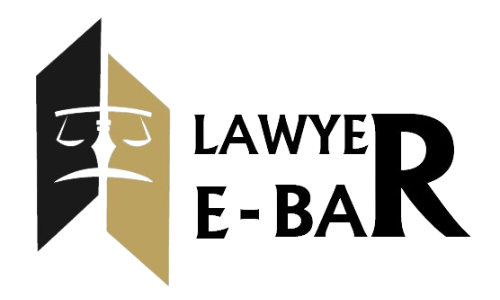01
Service Agreements
These agreements are prevalent in the service industry and outline the terms under which services will be provided. They may cover professional services, consulting, or maintenance.
Agreements are legally binding arrangements between two or more parties that outline the terms and conditions of their mutual understanding. These agreements can take various forms, ranging from informal verbal pacts to formal written contracts. They serve as the foundation for many interactions in our personal and professional lives, facilitating cooperation, trade, and collaborations while ensuring all involved parties are aware of their respective responsibilities and rights.
These agreements are prevalent in the service industry and outline the terms under which services will be provided. They may cover professional services, consulting, or maintenance.
Sales agreements govern the terms of sale for products or services. They detail pricing, payment terms, delivery, warranties, and other relevant conditions.
These agreements are common in the real estate sector and cover the terms of renting or leasing properties. They specify rent amounts, lease duration, responsibilities of both parties, and more.
When multiple parties join forces for a business venture, a partnership agreement defines the roles, responsibilities, profit-sharing, and decision-making processes.
NDAs are crucial for protecting sensitive information and trade secrets when parties need to share confidential data.
An MOU outlines the understanding between two parties without creating a legally binding contract. It often serves as a preliminary step before creating a formal agreement.
Employment agreements establish the terms and conditions of employment between an employer and an employee. They cover job responsibilities, compensation, benefits, and termination conditions.
Licensing agreements grant permission to use intellectual property, such as patents, trademarks, or copyrighted material, in exchange for royalties or fees.
Also known as prenups, these agreements are entered into before marriage and outline how assets and liabilities will be divided in case of divorce.
When two or more businesses collaborate on a specific project, a joint venture agreement defines their shared objectives, contributions, and responsibilities.
A POA agreement grants an individual the legal authority to act on behalf of another person in specific matters.
Contracts are legally enforceable agreements between two or more parties that create obligations and rights for those involved. Unlike simple agreements, contracts provide a more formal and structured approach to defining the terms and conditions of a transaction or relationship. They serve as essential legal instruments to protect the interests of all parties and ensure that the agreed-upon terms are upheld.
Key Elements of a Contract
As mentioned earlier, an offer is a proposal made by one party, and acceptance is the other party’s agreement to the terms of the offer. Both elements are necessary to form a contract.
Contracts must involve an exchange of something valuable (consideration) between the parties. It ensures that both parties receive something of benefit, creating a mutual obligation.
Both parties must enter into the contract willingly and with a clear understanding of the terms and consequences. Any sign of coercion or deception can render the contract voidable.
For a contract to be legally binding, all parties involved must have the legal capacity to enter into an agreement. This means they must be of sound mind and legal age (usually 18 or older).
Contracts must have a lawful purpose and cannot be used for illegal activities or purposes that go against public policy.
Contracts should be specific, clear, and detailed, leaving no room for ambiguity or misinterpretation.
The parties must demonstrate a clear intent to be legally bound by the terms of the contract. Social agreements and casual promises generally do not qualify as contracts.
An agreement is a general term for a mutual understanding between two or more parties, whereas a contract is a legally binding agreement that includes specific elements such as offer, acceptance, consideration, and mutual consent. While all contracts are agreements, not all agreements may be legally enforceable as contracts.
Yes, in some cases, verbal agreements can be legally binding. However, they can be challenging to enforce as they often lack tangible evidence. It is advisable to have important agreements in writing to avoid potential disputes.
Consideration refers to something of value exchanged between parties, such as money, services, or goods. It is a crucial element in a contract as it demonstrates that both parties are giving something of value and creates a legal obligation.
If one party breaches a contract by not fulfilling their obligations, the non-breaching party may seek legal remedies. Depending on the situation, this could involve damages, specific performance, or termination of the contract.
Yes, certain types of contracts are required to be in writing to be legally enforceable. These include contracts involving the sale of real estate, contracts that cannot be performed within one year, and agreements related to marriage and prenuptial arrangements, among others.
